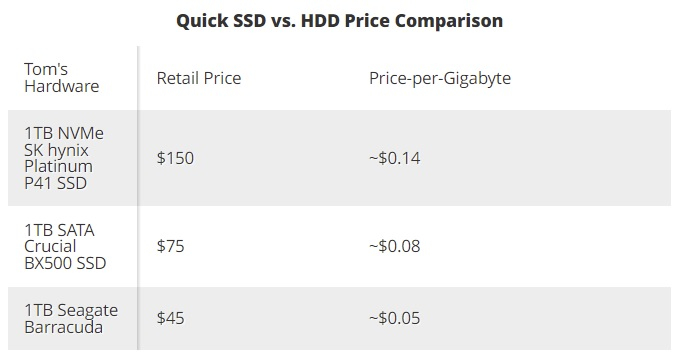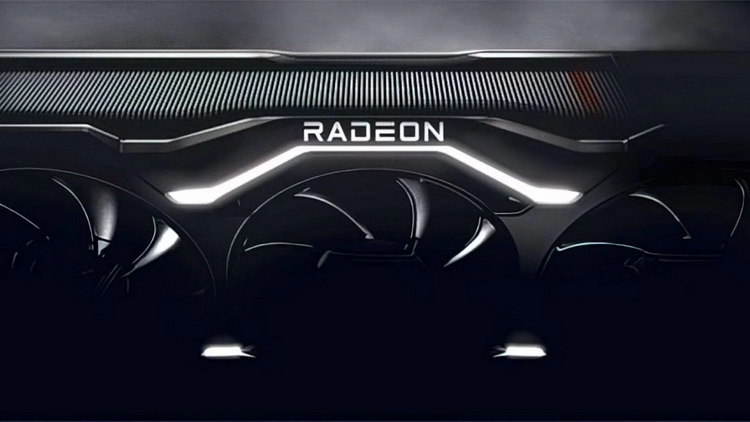
Microsoft has urged PC and laptop OEMs to stop using conventional hard drives as the primary media from which to boot Windows 11 operating system in 2023 and instead equip their systems with solid state drives.Tom's Hardware reached out to Microsoft for comment on the issue, but analysts at Trendfocus, citing PC makers, said they had nothing to say on the matter at this time.Curiously, the system requirements of Windows 11 itself does not specify the need for an SSD.Instead, Microsoft simply reports the need for a medium with 64 GB or more of free space to install and use the OS.However, the SSD is required to use DirectStorage fast boot technology as well as the Windows subsystem to run Android apps on this OS.Nevertheless, it is unclear whether Microsoft plans to officially change the system requirements for Windows 11 after 2023, and whether it is going to specify them to make SSDs mandatory.On the one hand, the transition to SSDs makes sense.Unlike conventional hard drives, these drives do not create noise and run much faster than conventional HDDs.However, despite the reduction in the price of SSDs in recent years, even the most affordable models of these media are now generally more expensive than HDD models with the same capacity.If we compare SSD and HDD with 1TB capacity, a gigabyte of memory in an HDD costs about $0.05, an SSD with SATA III interface costs $0.08, and an M.2 NVMe format drive costs $0.14.So a 1TB hard drive costs $45, a SATA III SSD costs $75, and an M.2 NVMe SSD costs $150.Image source: Tom's HardwareMany PC and laptop manufacturers already equip their systems with SSDs without any insistence from Microsoft.But there are exceptions.In emerging markets, where low- and mid-end offerings are ample, computers are often equipped with SSDs to cut costs.According to John Chen, vice president of Trendfocus, replacing a 1TB hard drive would require a system with an equivalent SSD of only 256GB.Switching to a 512GB SSD would make the entire system more expensive.Many customers who care about storage capacity will not accept this compromise.\"Microsoft originally intended to make the switch from HDDs to SSDs this year.At least that's what the OEMs are saying.However, in the end, this plan was pushed back to next year.Most likely in the second half of the year.OEMs are now trying to negotiate with the company about possible exceptions.For example, they are discussing the possibility of postponing the transition to SSD in the desktop segment or emerging markets until 2024.In general, things could still change,\" Chen commented.It is still unclear what measures Microsoft plans to take against those PC and laptop OEMs who refuse to follow its wishes.According to Trendfocus, the media type change will hit demand for hard drives next year anyway.


0 Comments